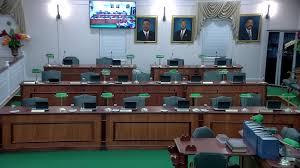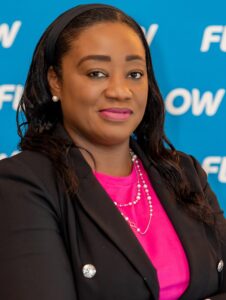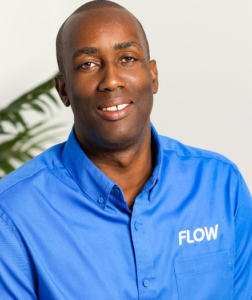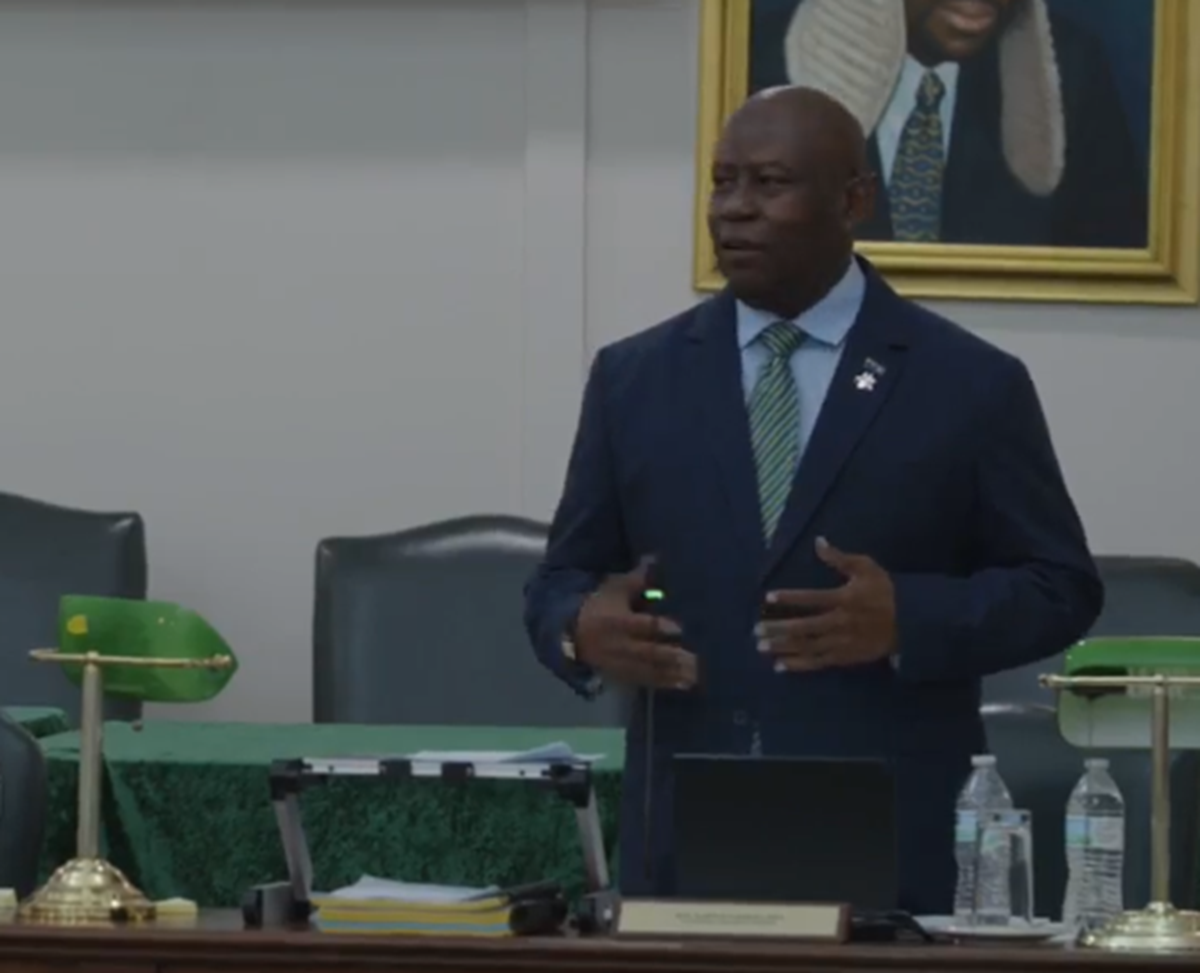Kingston, Jamaica, December 19, 2016 – Local policymakers are benefiting from the expertise of the Intergovernmental Panel on Climate Change (IPCC) to better understand the risks and implications of the weather-related phenomenon in order to more effectively mitigate its effects. Set up in 1988 by the World Meteorological Organization (WMO) and United Nations Environment Programme (UNEP), the IPCC provides governments with regular assessments of the scientific basis of climate change, its impacts and future risks, and options for adaptation and mitigation.
In November, regional representatives of the IPCC journeyed to Jamaica to participate in activities to mark Climate Change Awareness Week from November 29 to December 3. The activities, spearheaded by the Ministry of Economic Growth and Job Creation, which is responsible for the climate-change portfolio, engaged IPCC representatives from Cuba, Suriname, Haiti and other members of the Caribbean Community (CARICOM).
Focus was placed on raising awareness among policymakers and the scientific community from across the region about the IPCC’s role and activities, demonstrate how climate change is affecting the region, and highlight solutions to the challenges. Activities included a media workshop and a two-day symposium at the University of the West Indies’ (UWI) Regional Headquarters at Mona.
Head of Communications for the IPCC, Jonathan Lynn, in his address at the media workshop, explained that the entity was set up in response to the need to provide governments with advice and information on “what we know about climate change, what we know about the causes, its impact, the future risks and the possible options for dealing with it”.
Thousands of scientists from all over the world contribute to the work of the IPCC on a voluntary basis as authors, contributors and reviewers. The panel consists of climatologists, biologists, botanists, social scientists, economists, political scientists, and philosophers, among other experts. “The IPCC is neutral. Governments have asked us to tell them what is going on and this is what we do… . There may be a need for further research to clarify a particular problem, but we do not have a particular agenda that we are pushing but rather, just telling it like it is,” Mr. Lynn informed.
“We do not conduct our own research, we do not do our own measurements of the climate or the weather, we do not produce our own climate models… . Our job is to assess the science that is out there, the science that is published,” he further clarified. He argued that with the thousands of scientific publications on climate change released every year, it would be impossible for any one individual or government to interpret, understand or keep track of everything; therefore, the IPCC’s role is extremely important and critical.
“So, the IPCC looks at the thousands of research and pulls it together and outlines where the scientific community agrees, where there are still some uncertainties, where there is a need for further research on the subject, and that gives governments a scientific foundation (so) that they can build their policies,” he pointed out.
He explained that the IPCC’s main audience is not the general public, civil society or the media, but rather “government policymakers and the people who have to respond to climate change, those who need to know what are the hard sciences when they take decisions about building a road, or a city, or preparing to deal with disasters… . They need to have a firm basis of knowledge so that they can take some decisions”.
Mr. Lynn said the IPCC’s findings are also used for international negotiations related to climate change, including the Paris Agreement that was reached in 2015. The Paris Agreement brings all nations into a common cause to undertake ambitious efforts to combat climate change and adapt to its effects, with enhanced support for developing countries. “There are no borders to climate change; it is a global phenomenon, so to deal with it, the world has to come together,” Mr. Lynn noted.
“So when an IPCC report is produced it is incredibly powerful, because it reflects both the views of the scientific community and that of the policymakers and governments,” he said. To communicate IPCC assessment findings and methodologies and to explain the way the organisation works, the IPCC organises various outreach activities and presentations at national and international meetings.
It also works with the media to convey relevant and accurate information to the public on IPCC assessments and activities. Lauding the efforts of the IPCC in the local activities, Chief Technical Director in the Ministry, Lieutenant Colonel (ret’d) Oral Khan, told JIS News that the entity’s engagement was quite impactful. “They shared with our policymakers, academic community, media, students and other interested persons the state of the science on climate change. The information would confirm that the climate is indeed changing in a very significant way and, because of this, policies must be found to build our resilience in order to be spared the worst impacts of climate change,” he said.
The Chief Technical Director noted that the intention is to enlist the participation of the local science and research community in climate research, and encourage regional participation. The media workshop, he said, was aimed at fostering a better understanding of climate science, solutions to climate change and the IPCC process among members of that group. “So we had a rich exchange of ideas, sharing of information, and at the end, the information will go out across the Caribbean,” he told JIS News.
The IPCC is organised in three working groups and a task force, which are assisted by technical support units (TSUs). Working Group I deals with the physical science basis of climate change; Working Group II focuses on climate-change impacts, adaptation and vulnerability; while Working Group III addresses mitigation.
Participation in the IPCC is open to all member countries of the WMO and United Nations. It currently has 195 members.
#MagneticMediaNews
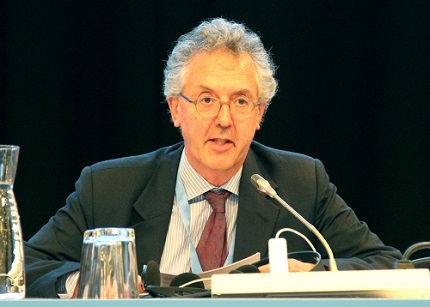

 News1 day ago
News1 day ago
 Health1 week ago
Health1 week ago
 Caribbean News3 days ago
Caribbean News3 days ago
 Caribbean News6 days ago
Caribbean News6 days ago
 Health1 week ago
Health1 week ago
 Caribbean News6 days ago
Caribbean News6 days ago
 Bahamas News4 days ago
Bahamas News4 days ago
 Caribbean News1 week ago
Caribbean News1 week ago






